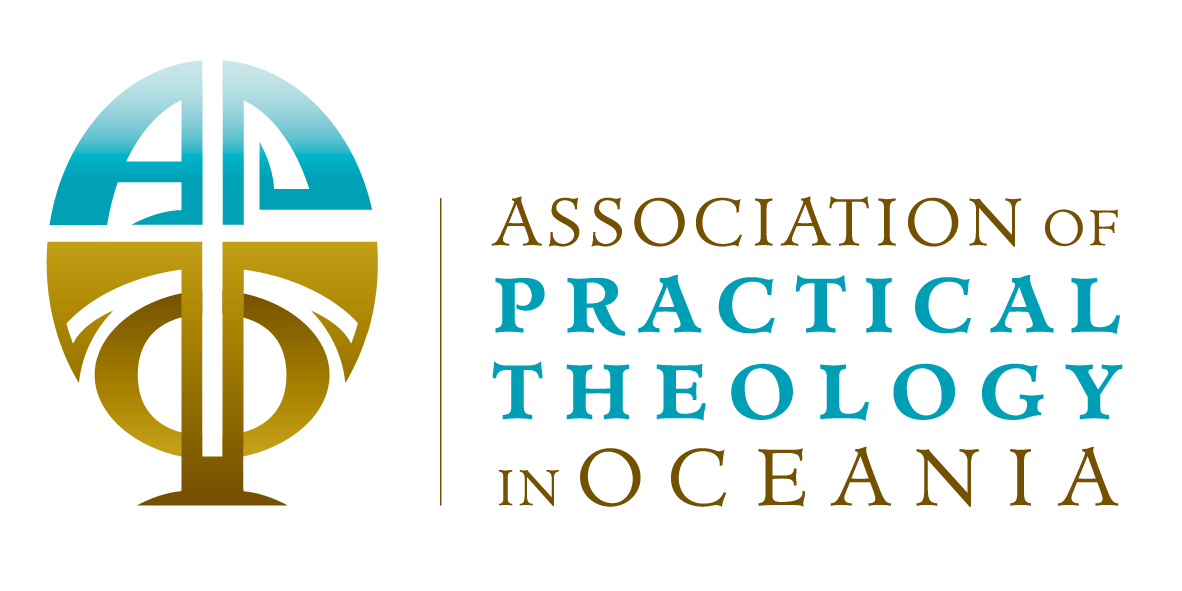

Discussion Time: 11:45am Wednesday 29 November NZDT
Location: E 1.01
Coram Deo is a phrase that highlights our shared common humanity. This phrase illustrates that, despite our physical, cultural, and historical differences, we are all equal in God’s sight. In the practice of pastoral care, it further reminds us that we also stand equal with the supposed ‘others’ (even victims and perpetrators) before God in a manner that seeks justice for both parties above all else. In post-conflict societies, this is especially important as it extends grace and redemption to all parties. However, how can inner shalom be realized in societies devoid of peace? Given that the past remains largely set in stone, how can the wrongs of the past be undone, and importantly, also sensitively be used for good. In addition, what role, if any, can rebuilding trust and dialogue within the confines of correcting past wrongs bring about with respect to intergenerational healing? Moreover, what role if any does the local faith community play in engaging with very deep-seated questions of racism, trauma, justice, and reparations related to past injustices. In working towards correcting the mistakes of previous generations, it requires that trust and dialogue be used in a manner that engages with the other, and that views the other as a multi-generational entity that can assist us in viewing the individual within a new relational light. This paper aims to discuss the usefulness of trust and dialogue as tools to facilitate intergenerational healing, while contributing to a more just, inclusive, and transformed future.
A cursory review of the humanitarian strategies which are activated by church and other humanitarian agencies, when persons are forced to migrate, reveals that the intervention provides homogenised responses to mainstream communities. I suggest that this response fails to sufficiently and adequately mitigate known barriers faced by persons who hold vulnerable roles in their societies and in particular to persons living with the experience of an intellectual disability. In failing to adequately examine and find humanitarian strategies to overcome these obstacles, persons are further excluded, marginalised within their own community and without a voice to express their own needs. This humanitarian gap also presents significant risks to their safety and well-being, before, during and after intense periods of armed conflict. Harris and Enfield argue that regardless of what form of disability a person experiences, person are ‘made invisible by society, and invisibility can be lethal in situations of armed conflict’ (2003, p. viii). My aim in this paper is to present some information on the possible realities that persons living with the experience of an intellectual disability when faced forced to migrate. I suggest that we, as members of a church, can provide a needed pastoral response to such person.